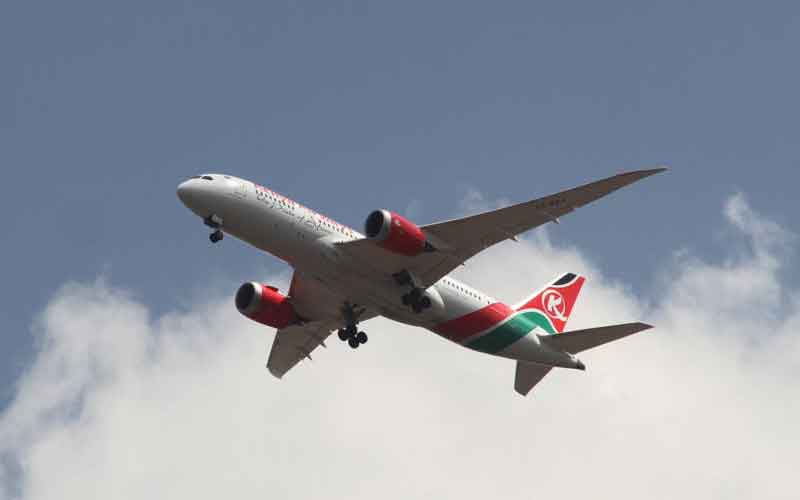×
The Standard e-Paper
Smart Minds Choose Us

Kenya Airways (KQ) last week got the agreement from pilots to hire additional captains after more than two years of push and pull on who and how to hire.
It was a win of sorts for the airline that has been struggling with pilot shortage for the different aircraft types it operates.